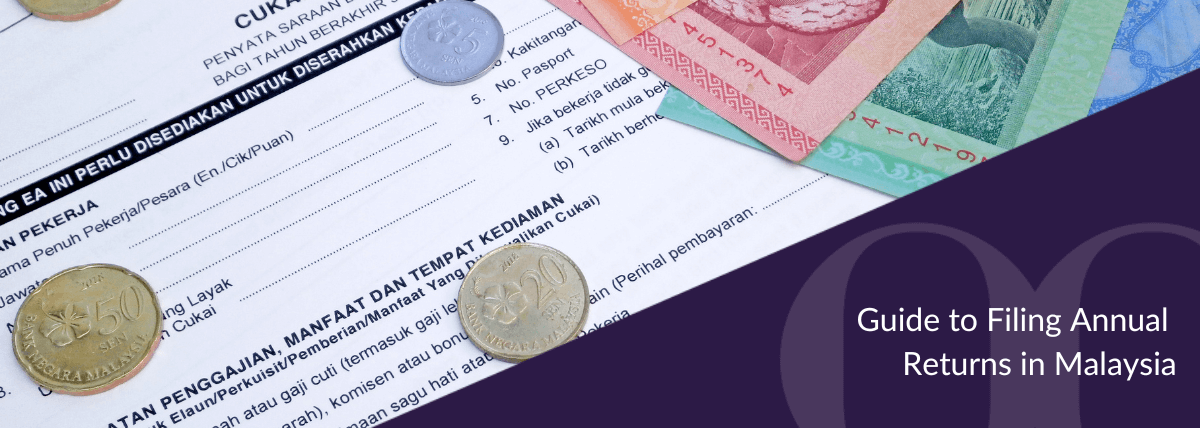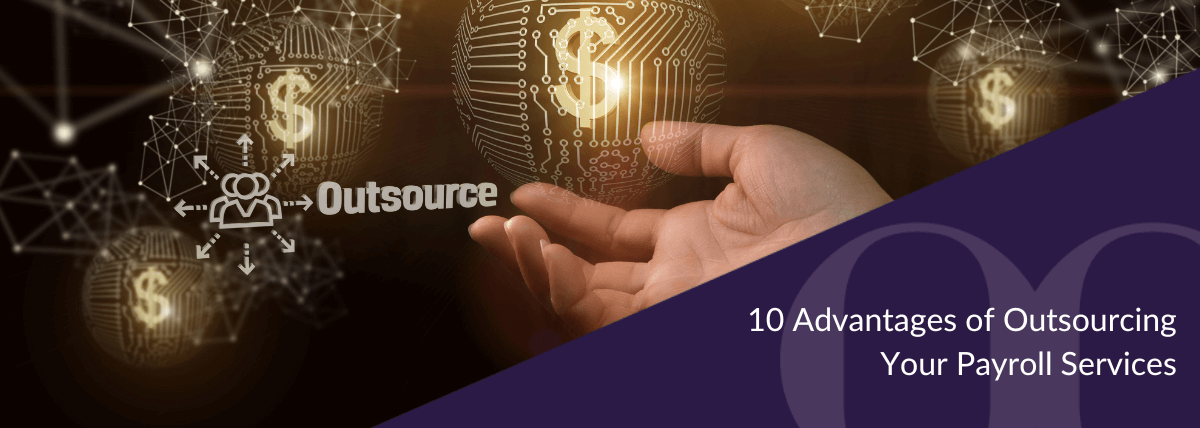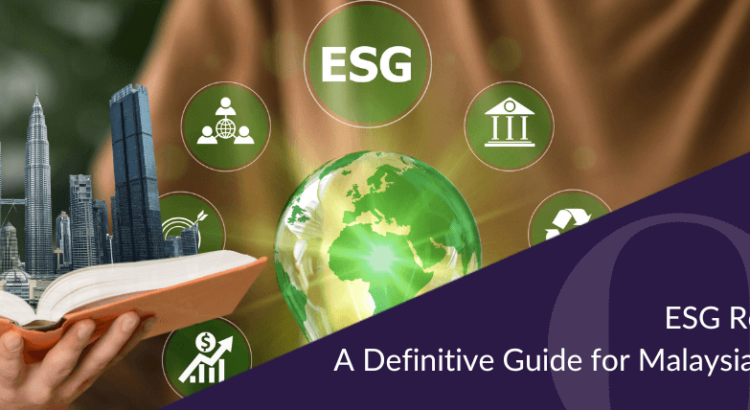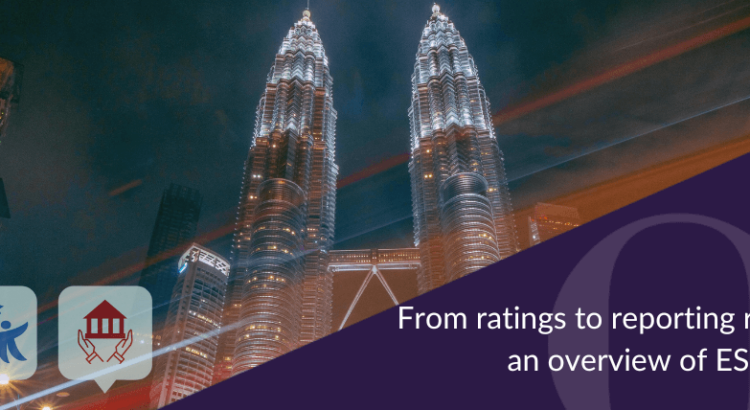Businesses today face increasing pressure and expectations from their stakeholders to operate responsibly, ethically, and sustainably. This means that they not only need to consider the financial implications of their activities but also the environmental, social, and governance (ESG) aspects. These factors can have significant impacts on the long-term success and viability of a business.
How can businesses ensure that they are addressing the ESG aspects of their activities comprehensively and effectively? How can they identify and evaluate the ESG risks and opportunities that they face and take appropriate actions to mitigate the risks or capitalise on the opportunities? How can they demonstrate and communicate their ESG performance and progress to their stakeholders? This is where ESG due diligence comes in.
What is ESG?
ESG stands for Environmental, Social, and Governance. These are the three main categories of criteria that measure the sustainability and ethical impact of a business.
ESG criteria can help investors, customers, employees, and other stakeholders evaluate how an organisation performs on the following aspects:
ESG criteria are not fixed or universal but rather depend on the industry, market, and context of each business. Different stakeholders may have different expectations and preferences for ESG performance and disclosure. Therefore, companies need to conduct ESG due diligence to identify and address the most relevant and material ESG issues for their operations and stakeholders.

What is Due Diligence in ESG?
Due diligence in ESG is the process of identifying, evaluating, and addressing a business’s ESG risks and opportunities. Organisations may do this for various purposes, such as mergers and acquisitions, investment decisions, compliance and reporting, and stakeholder engagement. It helps them understand their ESG performance, liabilities, and potential and align their ESG strategies, policies, and practices with the best practices and standards in their industry and market. Due diligence in ESG also assist companies in demonstrating and communicating their ESG commitment and contribution to their stakeholders and the wider society.
What Are the Steps Involved in ESG Due Diligence?
ESG due diligence can vary depending on the scope, objective, and context of the process.
However, a general framework for ESG due diligence can consist of the following steps:
Begin by clearly defining the purpose, scope, and timeline of the ESG due diligence Identify key ESG issues, stakeholders, and relevant information sources to shape the direction of the evaluation.
Initiate the process with a preliminary assessment of the business’s ESG risks and opportunities. Prioritise the most significant and relevant issues, setting the stage for further in-depth investigation and necessary actions.
Delve into a comprehensive analysis of the business’s ESG performance, identifying gaps and potential areas for improvement. Verify collected ESG information, benchmark against industry standards, and assess alignment with best practices to provide a thorough evaluation.
Translate findings into a proactive ESG action plan. Develop and implement strategies based on the evaluation, outlining clear goals, indicators, and targets. Allocate resources and responsibilities strategically to ensure effective execution of the action plan.
Keep a vigilant eye on ESG performance, tracking progress and impact. Regularly review and assess results and communicate outcomes to stakeholders. Adjust and enhance the ESG due diligence process as needed, ensuring continuous improvement.

What Is the Importance of ESG Due Diligence?
ESG due diligence is not only a good practice but also a strategic necessity for businesses that want to succeed in the long term.
It can help organisations to:
- Enhance their financial performance: ESG due diligence can help businesses identify and capitalise on the ESG opportunities that can improve their efficiency, innovation, and competitiveness. It can also help them mitigate and manage the ESG risks that can affect their profitability, liquidity, and solvency.
- Strengthen their reputation: ESG due diligence empowers companies to showcase not just their commitment but also their active contribution to ESG concerns valued by stakeholders. It acts as a foundation for building and sustaining trust, loyalty, and satisfaction among stakeholders. Additionally, ESG due diligence serves as a protective shield, averting potential reputational damage and crisis scenarios.
- Foster their sustainability: ESG due diligence propels organisations towards aligning their operations with ESG principles that support sustainable development. It serves as a guiding force, steering them to create positive ESG impacts. In turn, these benefits not only their immediate stakeholders but also contribute to the broader well-being of the community and the environment.
Are There Any Tools or Bodies That Help with ESG Due Diligence?
Various tools and bodies can help businesses with ESG due diligence, including:
- ESG frameworks and standards: These are sets of guidelines and criteria defining and measuring the ESG performance and impact of a business. Some examples are the Global Reporting Initiative (GRI), the Sustainability Accounting Standards Board (SASB), the Task Force on Climate-related Financial Disclosures (TCFD), and the UN Principles for Responsible Investment (PRI).
- ESG ratings and indices: These are tools that evaluate and compare the ESG performance and impact of a business. Notable examples encompass the Dow Jones Sustainability Indices (DJSI), the FTSE4Good Index Series, the MSCI ESG Ratings, and the Sustainalytics ESG Risk Ratings. For publicly listed companies in Malaysia, having a strong ESG rating can be a useful tool in demonstrating real sustainability action and compliance with exchange regulations.
- ESG and auditors: These are professionals who provide ESG due diligence services and advice to businesses. They help enterprises conduct ESG due diligence, develop ESG action plans, and report ESG results and outcomes.
Common Challenges Faced in ESG Due Diligence
ESG due diligence is not without its challenges.
Some of the common challenges faced by businesses in conducting ESG due diligence are:

How Can BoardRoom Help You with ESG Due Diligence?
BoardRoom is a leading corporate and advisory services provider in Malaysia and the Asia-Pacific region. BoardRoom can help you with ESG due diligence by offering the following:
- ESG advisory: As a leading corporate services provider in Malaysia and the Asia-Pacific region, BoardRoom provides ESG expertise in multiple APAC jurisdictions . Tailoring strategies to your needs, BoardRoom assists in designing and implementing ESG initiatives, including due diligence, action plans, and reporting.
- ESG compliance: BoardRoom helps ensure seamless ESG compliance with local regulatory requirements. BoardRoom also aids in preparing and submitting ESG disclosures, keeping your business aligned with evolving requirements.
- ESG solutions: Access cutting-edge ESG reporting tool through BoardRoom. Facilitating connections with stakeholders, BoardRoom’s ESG Access enhances collaboration, and incorporate functionalities for reviewing, validating, and auditing. Stakeholders can contribute, review, and endorse reporting timelines, all within one platform. Our entity reporting feature allows you to easily organise users into groups (entities) and control/assign ESG metrics specific to each group, so you can improve decision making, identify growth opportunities and manage group risks. .
If you are interested in ESG due diligence and how BoardRoom can help you, contact us today for a consultaion.
Contact BoardRoom for more information:
Related Business Insights
-

08 Jul 2024
Guide to Filing Annual Returns in Malaysia
Ensure compliance and maintain your business's integrity in Malaysia with this guide on filing annual returns effic …
READ MORE -

24 May 2024
10 Advantages of Outsourcing Your Payroll Services
Explore the benefits of outsourcing payroll and discover how outsourced payroll providers like BoardRoom can stream …
READ MORE -

24 May 2024
IPO Application: A Guide to Listing Your Company in Malaysia
Navigate your IPO application in Malaysia effortlessly with BoardRoom's expert support and unlock opportunities on …
READ MORE








